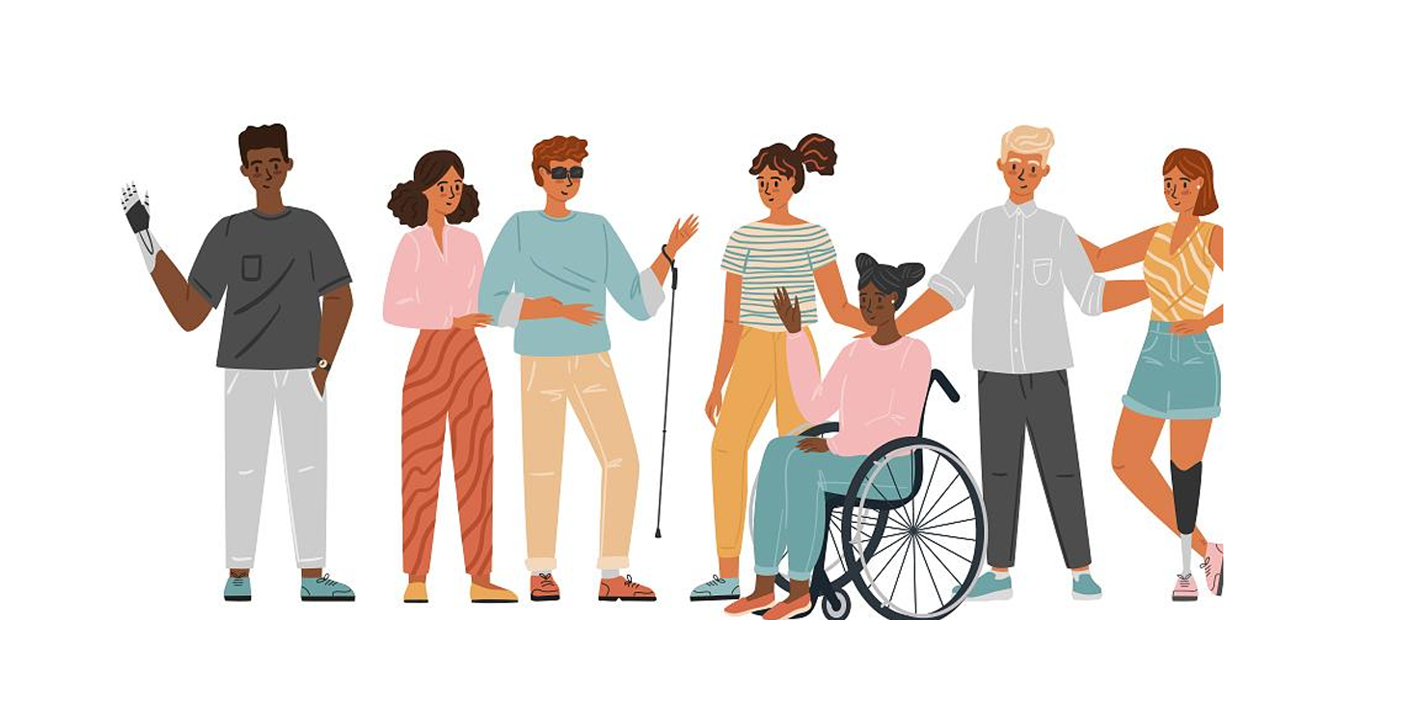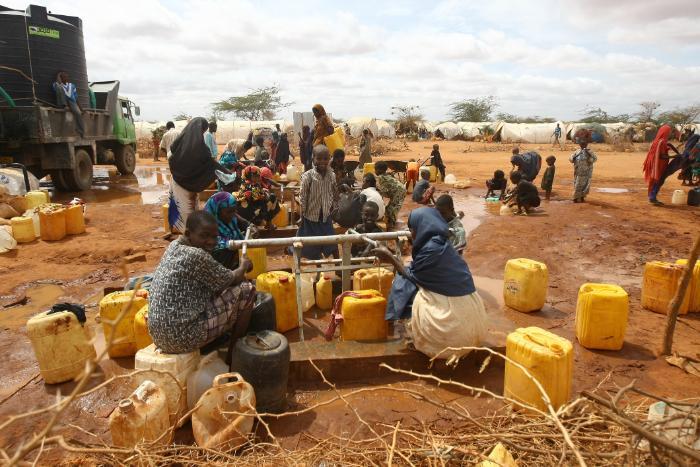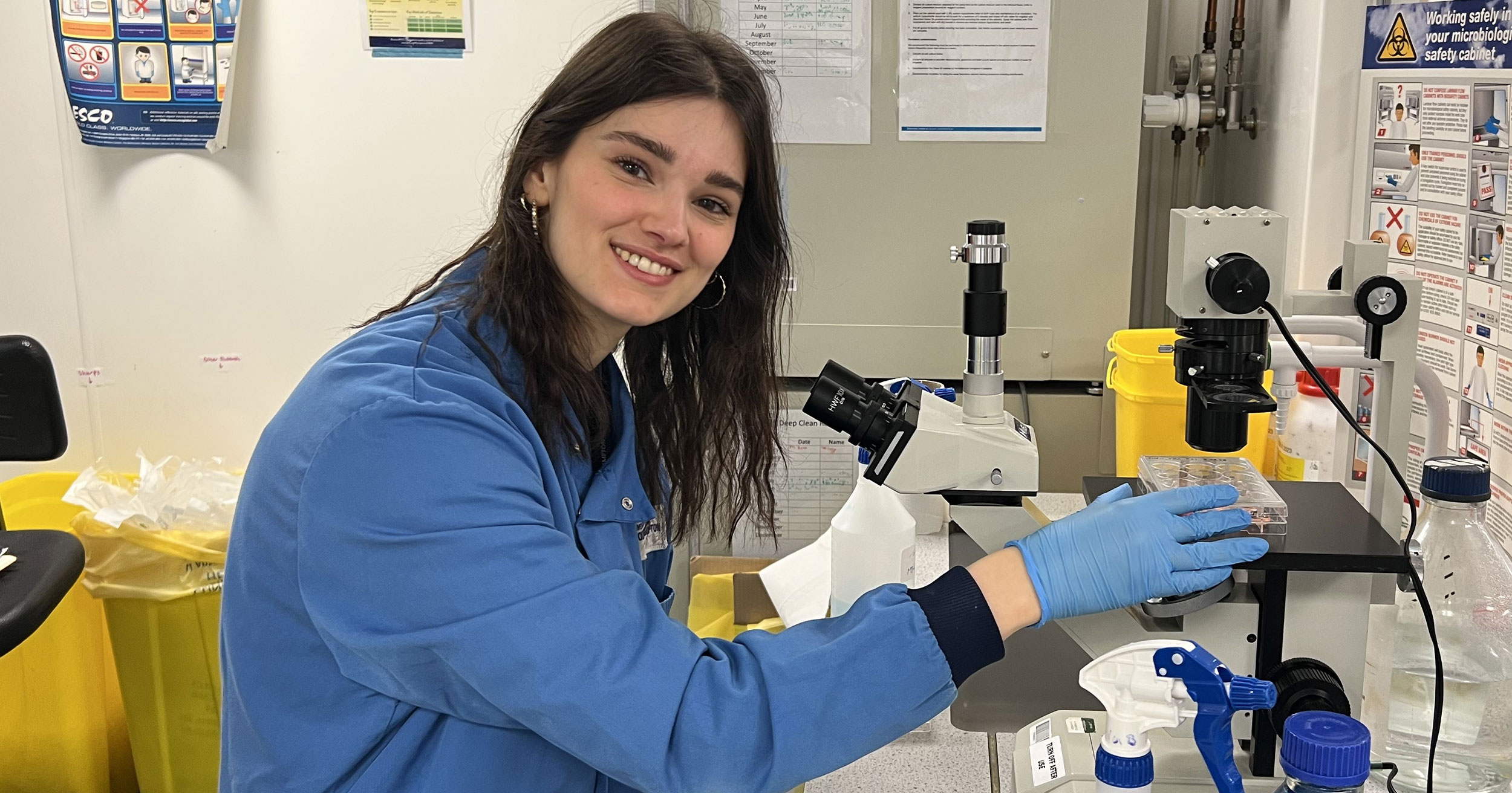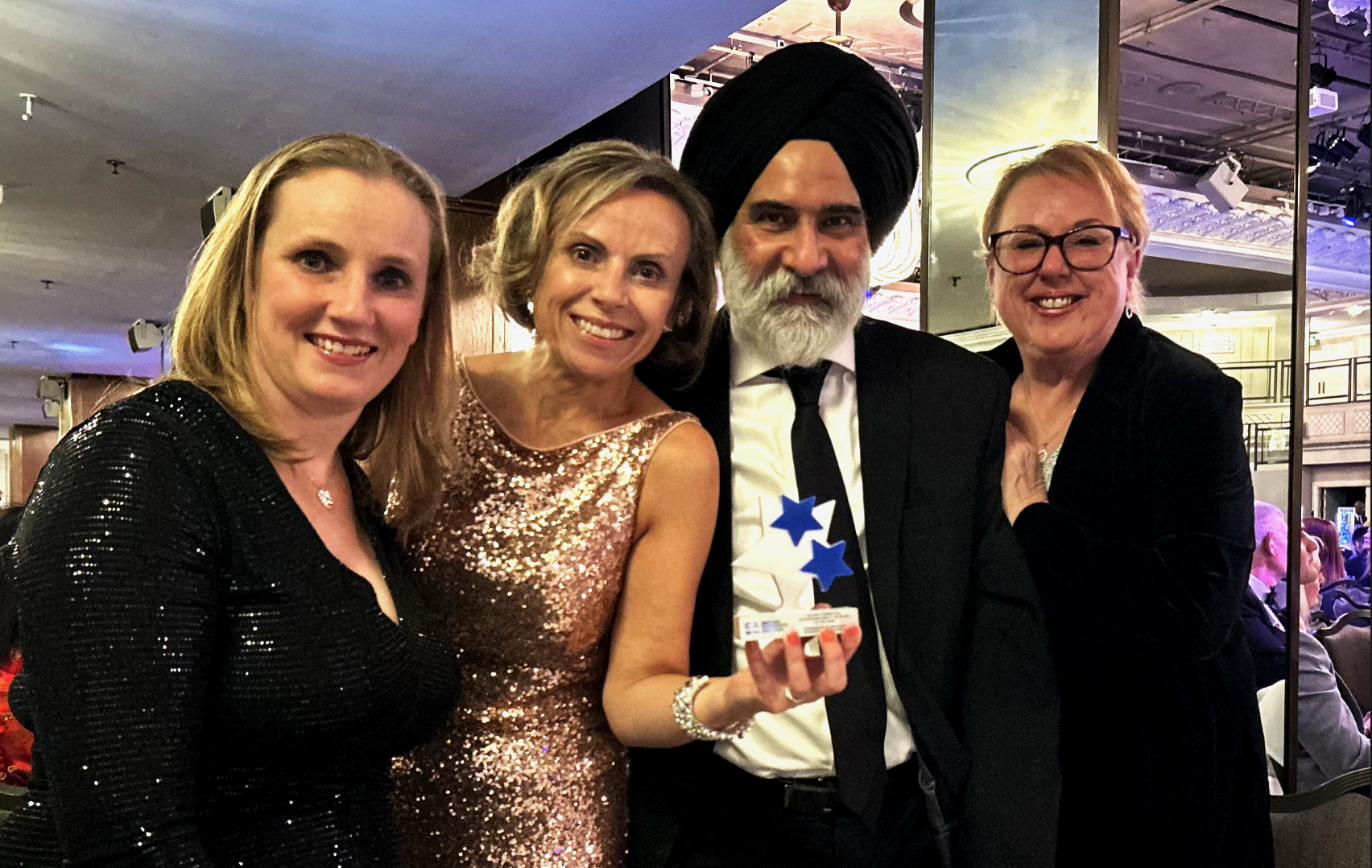
Two cheers for the UK government’s new White Paper on International Development
As the UK Government publishes its new White Paper on International Development in a Contested World: Ending Extreme Poverty and Tackling Climate Change, Professors Rachel Slater and Maharaj Vijay Reddy reflect on some of the challenges inherent in the publication and consider what the implications are for learning, research, knowledge exchange at the University of Wolverhampton.

It has been a tumultuous decade for International Development – the transition from the Millenium Development Goals to the Sustainable Development Goals and increasing impacts of climate change and conflict that reverberate globally mean that the need for investments in poverty reduction has never been greater. But stalwart donors of Official Development Assistance (ODA, or ‘aid’ as the rest of the world knows it) have faced deepening scepticism of the benefits of investments in other countries.
This has been particularly the case in the UK Government where the commitment to spending 0.7% of GDP on ODA has been weakened, under cover of the pandemic. So, a restating of the commitment to 0.7% in the white paper is surely good news? At face value, yes, and so is returning UK government aid priorities to tacking extreme poverty, and reflecting on the importance of the relationship between delivering aid, reducing poverty and ensuring that many countries and people are more resilient in the face of climate threats. But if we dig a little deeper some of the shine starts to look somewhat tarnished.
The commitment to get back to 0.7% is qualified by the qualifying statement ‘once the fiscal situation allows’. Of course, although the Government has previous published a statement on criteria for this return, it depends on spending and borrowing choices by the Government. Other priorities (for example tax cuts) may come first and it’s difficult to know whether 0.7% is likely in a month, a year, or is persistently and stubbornly out of reach.
It's also clear that the refocus on extreme poverty might not be a done deal. At a launch event for the White Paper, one panellist remarked that the aim to spend ‘at least 50% of direct aid in the 'least development countries’ had already been reached. This suggests to us that that the challenge for staff working on aid in FCDO is not reaching this target, but rather protecting it from predatory claims on funds from other parts of the UK Government. And this predation is happening right now: another panellist, Romiley Greenhill, the Executive Director of BOND (an UK-based network for organisations working on international development) reminded us that the shift from 0.7% down to 0.5% was, in fact, more like a shift to 0.3% because various elements of UK government domestic expenditure (for example the costs of supporting refugees in the UK) are now being categorised as part of the Government’s international development spend.
So we offer two cheers – for the explicit commitment to return to 0.7% and the focus on tackling extreme poverty and climate change. Why no third cheer? Because there’s a risk that although the challenges are clearly articulated in the White Paper, the pathways to tackling them remain uncertain and the COVID-19 pandemic has slowed global progress towards achieving the Sustainable Development Goals.
Faced with these continuing challenges, what might those of us who work at the University of Wolverhampton do? Whatever our individual perspective on development (for example some may think that we need growth in order to enhance wellbeing, while others think we should start with wellbeing), we need to support those working within the UK Government to help them improve policies and programmes, and find innovation solutions to global development challenges.
We can do this right across the University deploying our research findings and knowledge exchange tools to identify and share development solutions that can:
- enhance innovations for sustainable construction and employment;
- better understand, prevent and tackle the impacts of challenges such as disasters and cyber security;
- support digital learning in difficult or conflict-affected situations;
- improve health outcomes, and
- foster the transition to a Green Economy.
And we can work further towards strengthening capacities by both equipping students for careers tackling sustainability and climate change and by delivering improved development and poverty reduction outcomes through our International Development and Training portfolio.

For more information please contact the Corporate Communications Team.


/prod01/wlvacuk/media/departments/digital-content-and-communications/images-2024/Diane-Spencer-(Teaser-image).jpg)
/prod01/wlvacuk/media/departments/digital-content-and-communications/images-18-19/220325-Engineers_teach_thumbail.jpg)
/prod01/wlvacuk/media/departments/digital-content-and-communications/images-2024/240509-Menopause-Research-Resized.jpg)
/prod01/wlvacuk/media/departments/digital-content-and-communications/images/Maria-Serria-(teaser-image).jpg)
/prod01/wlvacuk/media/departments/digital-content-and-communications/images-2024/241014-Cyber4ME-Project-Resized.jpg)
/prod01/wlvacuk/media/departments/digital-content-and-communications/images-2024/240315-Research-Resized.jpg)
/prod01/wlvacuk/media/departments/digital-content-and-communications/images-2024/BDA-group-photo.jpg)

